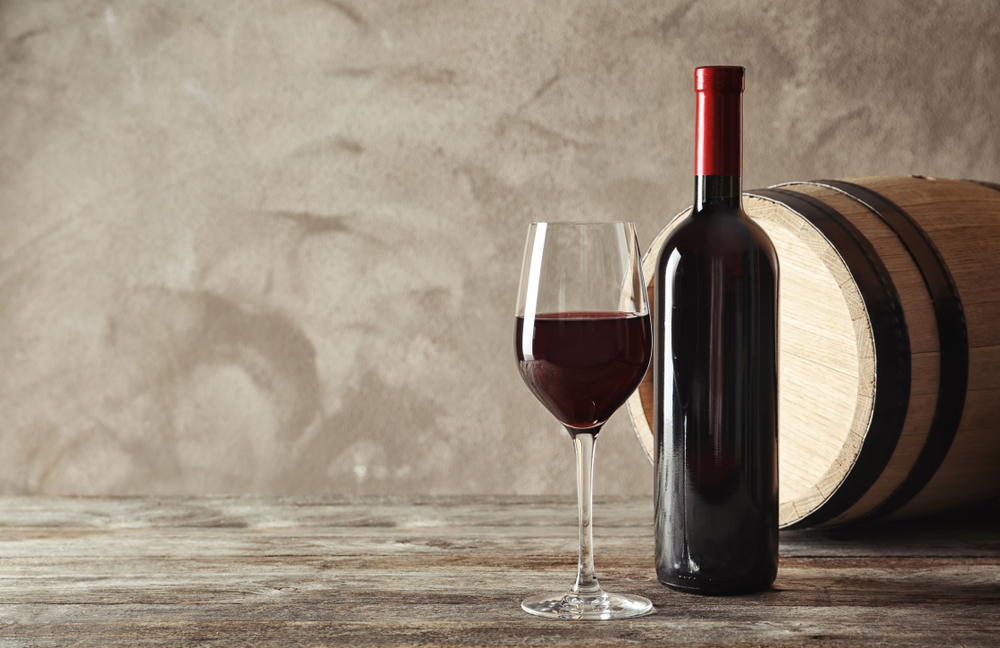Recently, dealcoholic wine has been experiencing a significant increase in demand, and one of the main reasons for this is related to recent Highway Code regulations. These laws, which are increasingly strict in the fight against drunk driving, are prompting many people to look for alternatives to traditional wine, but without giving up the pleasure of conviviality.
Cosa dice il nuovo Codice della Strada?
Recent amendments to the Highway Code provide stiffer penalties for driving under the influence of alcohol. Specifically:
Tolleranza zero per i neopatentati, autisti professionisti e conducenti di mezzi pesanti. Per queste categorie, il limite consentito di alcol nel sangue è pari a 0 g/l.
Limiti sempre più bassi per tutti gli altri conducenti. Superare la soglia di 0,5 g/l può comportare multe salate, sospensione della patente o persino il ritiro della stessa.
Not only are these regulations incentivizing more responsible driving behaviors, but they are also greatly changing consumer habits at social times, favoring products such as dealcoholic wine.
These just passed holidays are offering very interesting data about wine and alcohol consumption in general: much less has been drunk. Restaurateurs have full cellars, and they are worried.
Is the ideal alternative zero-alcohol wine? De-alcoholic wine is a drink that retains the taste and flavor profile of traditional wine, but with an alcohol content of less than 0.5 percent, which is practically irrelevant to blood alcohol content. This characteristic makes it perfect for those who want to enjoy a glass of wine without incurring driving-related risks. It also makes it possible to keep the social experience associated with wine consumption intact, whether at a dinner party, a corporate event, or a gathering of friends.
Un mercato in crescita, iniziato a timidi passi ani fa.
Oggim, with new regulations, the Highway Code is affecting not only consumers, but also wine producers, who are increasingly expanding their production lines to include dealcolate versions. This once niche segment is now attracting large investments, with a focus on quality and technological innovation to offer products that meet consumer expectations.
Dealcoholic wine is not just a fad, but a concrete response to real needs dictated by new regulations and growing social awareness. With the restrictions of the Highway Code, it becomes a smart and responsible choice for those who do not want to give up the pleasure of a glass of wine, but want to do so in total safety. It is a symbol of how tradition and innovation can coexist, adapting to the needs of an ever-changing world.
Ma è corretto chiamarlo “Vino”?
This is a controversial and much-discussed topic among the relevant categories such as oenologists, producers, wine journalists and Somelier, which is regulated by specific regulations, both at the European and national level. In general, dealcolated wine cannot technically be defined as “wine” according to traditional wine regulations, since wine, by definition, must contain a certain minimum amount of alcohol (generally not less than 9 percent vol. in Europe, subject to regional exceptions).
Le normative: cosa dice la legge?
European wine regulations (EU Regulation No. 1308/2013, for example) define wine as a product obtained exclusively from the alcoholic fermentation of grapes or must, with an alcohol content of not less than 9 percent vol. Dealcoholated wine, having an alcohol content of less than 0.5 percent, does not fall under this legal definition.
For this reason, the product is generally labeled as “dealcolated wine beverage” or “partially dealcolated wine,” but may not use the term “wine” exclusively. Producers must clearly indicate on the label that it is a dealcolated product to avoid confusion with traditional wine.
Cosa cambia per i consumatori?
This distinction is more technical and legal than anything else, but it has an important impact on product perception. Wine purists may not consider dealcoholic wine to be “real wine,” seeing it rather as a derivative product, and consumers seeking an alcohol-free alternative still appreciate the fact that dealcoholic wine retains some of the aromatic and organoleptic characteristics of the original wine.
No, dealcoholated wine cannot officially be called “wine” in most cases unless accompanied by explanatory terms such as “dealcoholated” or “partially dealcoholated.” However, from the consumer’s point of view, it remains a viable alternative for those seeking the pleasure of alcohol-free wine, even if the product, by law, belongs to a separate category.
The article Dealcoholic wine: demand grows due to new Highway Code comes from TheNewyorker.

